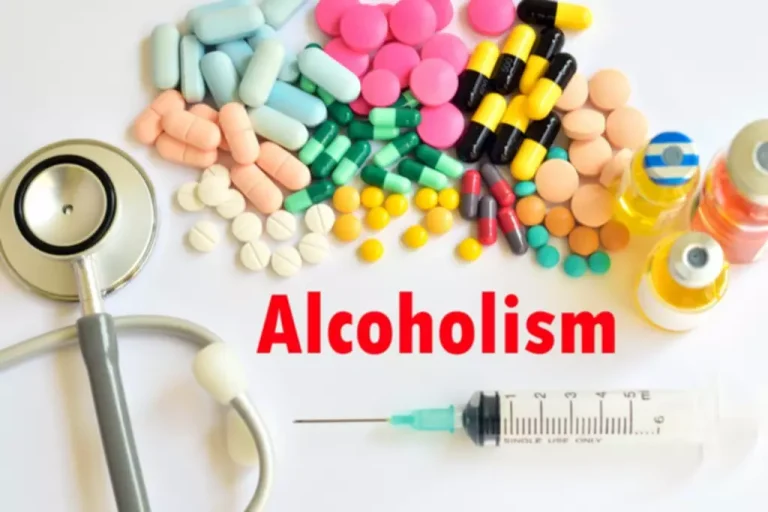
If you see many or most of these attitudes and behaviors in a person you know, you’re probably dealing with someone who suffers—and makes others suffer—with covert narcissism. When two conditions like narcissism and alcoholism occur together, sometimes people believe that one disorder causes the other, but co-occurring disorders are more complex than that. Research has shown that there is an overlap between alcohol use disorder and personality disorders, including NPD. One study found that among individuals who reported alcohol use, 9.1% were diagnosed with NPD at some point during their lives [1]. Third, this study differentially evaluated the relationship between grandiose and vulnerable narcissism and alcohol outcomes. The findings of this study have potential implications for future treatment and research.
Ways Narcissists and Alcoholics Are Similar
Instead of retaliating outright, they’ll often find ways to sabotage the other person or turn others against them. For example, they might wash a dish or two and then sulk when their partner doesn’t praise them enough for doing so. Then they’ll turn around and tell their friends or family members that they had spent hours cleaning the kitchen and didn’t get a word of thanks for their efforts.
Can a Therapist Spot a Covert Narcissist?
You may find articles on the internet that list traits for covert narcissism or provide multiple choice tests to determine if you are a covert narcissist. The truth is, this disorder is best diagnosed by a mental health professional. Grandiose narcissism was also a significant predictor of a positive alcohol problem evaluation, over and above alcohol use, social desirability and vulnerable narcissism.

Overt vs. covert narcissists

This is because they like to have the freedom to leave whenever a better opportunity presents itself. For example, if they’re confronted about their poor behavior, they may tear up and talk about how they never learned any differently because their parent abandoned them covert narcissism and alcoholism before they had a chance to teach them. Similarly, they’ll claim that they can’t go back to school because they’re supporting others financially, and they can’t train physically because they’re too tired or sick from sacrificing themselves for their families for years.
Grandiose and Vulnerable Narcissism and Alcohol Outcomes
In the case of a covert narcissist, alcohol consumption may exacerbate manipulative tendencies or intensify feelings of superiority. This combination can potentially lead to more pronounced harmful behaviors and strained relationships. Understanding these behavioral patterns is crucial in addressing the complexities of coexisting alcohol addiction and covert narcissism. By recognizing these signs, individuals can seek appropriate support and interventions to navigate the challenges posed by this dual diagnosis.
- The dynamic between these personalities holds a complexity that often escapes the understanding of those on the outside.
- Certain personality traits are also more common in people with narcissistic personality disorder, such as aggression, reduced tolerance to stress, and difficulty regulating emotions.
- But the good news is that once you become aware of the patterns and signs of covert narcissism, you aren’t likely to miss them again.
- A covert narcissist may appear charming on the surface but lack genuine empathy or concern for others.
- Although they are not always sneaky, some covert narcissists can take joy in creating confusion.
How Does a Narcissist Daughter Treat Her Mother?
An overt narcissist wears their need for admiration, validation, and sense of self-importance on their sleeve. The expression of these needs and vulnerability in a covert narcissist is more hidden and internal. Needing constant validation to manage self-esteem can be https://ecosoberhouse.com/ draining on both people in a relationship. One of the ways covert narcissists may express this resentment is by using silent treatment. To spot the signs of a covert narcissist, it can be helpful to look at how narcissistic traits may emerge in different settings.
Alcohol misuse vs. alcohol use disorder
This is the introverted version of emotional dysregulation in grandiose (overt) narcissists, in which an extreme emotional reaction to a situation may result in yelling, property destruction, or even physical violence. “If you are concerned that you may be causing a problem in these scenarios, a therapist can help you feel more at home with yourself and figure out why you rely on certain negative behaviors,” says Dr. Albers. Overt narcissism is what we tend to think of as the standard textbook definition of NPD. An overt narcissist comes off as self-absorbed, vain and outwardly expressive about their self-importance but tends to feel insecure, less-than and inadequate on the inside. Vulnerable narcissism and addiction are intertwined, as individuals may turn to substances as a way to cope with their unstable self-esteem. If you’ve dealt with a narcissist you know that one minute they can be charming and pleasant but then turn around and become threatening and attacking.
abusive behaviors covert narcissists may engage in
- It can be hard to hold a connection with someone who appears to only think about themselves.
- This emotional suppression also prevents them from feeling other emotions such as joy, which in turn can intensify their depression.
- They are also likely to be more aware of their tendencies and open to changing them.
- Additionally, for specific legal issues, always consult with an attorney licensed to practice law in your jurisdiction.
In contrast, vulnerable narcissism, or covert narcissism, was a risk factor for future alcohol-related problems. Compared to grandiose narcissists, people in this group were more likely to acknowledge that they had a problem. Narcissistic personality disorder (NPD) and alcohol use disorder (AUD) are closely linked and can occur together as a dual diagnosis. NPD increases the risk of alcohol abuse as a means to escape difficult emotions. While diagnosis and treatment can be challenging, studies have shown that the successful treatment of a mental illness can lead to alcohol recovery in two out of every three cases.


